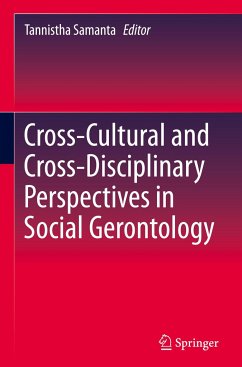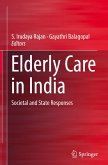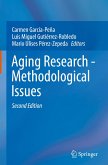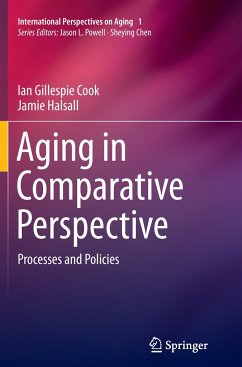This volume intends to re-establish social gerontology as a discipline that has pragmatic links to policy and practice. Collectively, the chapters enrich public debates about the moral, cultural and economic questions surrounding aging, thereby ameliorating the "problems" associated with aging societies. This volume is uniquely cross-cultural, theory-driven and cross-disciplinary. It fills a gap in the gerontological scholarship of the global south that is predominantly descriptive and empirical.
Based on original research, this volume examines in particular the sociological question of inequality and its intersection with age, gender, health, family and social relations. In the process, the studies herein highlight the unique historical, institutional and social systems that govern the subjective experience of aging in diverse contexts globally. Specifically, societies in transition including India, Lebanon, Nigeria, Japan, China, Israel and in Europe are studied while connecting the micro-social experience of aging (loneliness, wellbeing, discrimination, relationships and resilience) with larger temporal and political contexts. This exercise generates intellectual capital that reformulates links between aging research and policy in innovative ways.
Overall, the volume echoes the global scientific commitment to understand the socio-cultural process of aging in transitional societies and utilizes rich opportunities for cross-fertilization of ideas, disciplines and methods to advance the gerontological promise of critical inquiry, training and practice.
Based on original research, this volume examines in particular the sociological question of inequality and its intersection with age, gender, health, family and social relations. In the process, the studies herein highlight the unique historical, institutional and social systems that govern the subjective experience of aging in diverse contexts globally. Specifically, societies in transition including India, Lebanon, Nigeria, Japan, China, Israel and in Europe are studied while connecting the micro-social experience of aging (loneliness, wellbeing, discrimination, relationships and resilience) with larger temporal and political contexts. This exercise generates intellectual capital that reformulates links between aging research and policy in innovative ways.
Overall, the volume echoes the global scientific commitment to understand the socio-cultural process of aging in transitional societies and utilizes rich opportunities for cross-fertilization of ideas, disciplines and methods to advance the gerontological promise of critical inquiry, training and practice.








